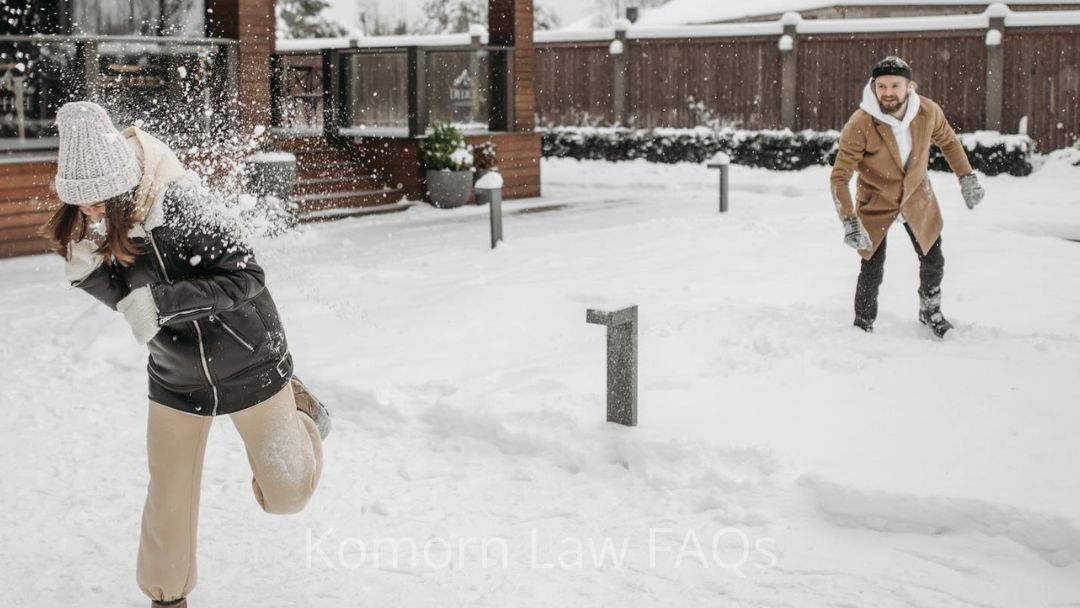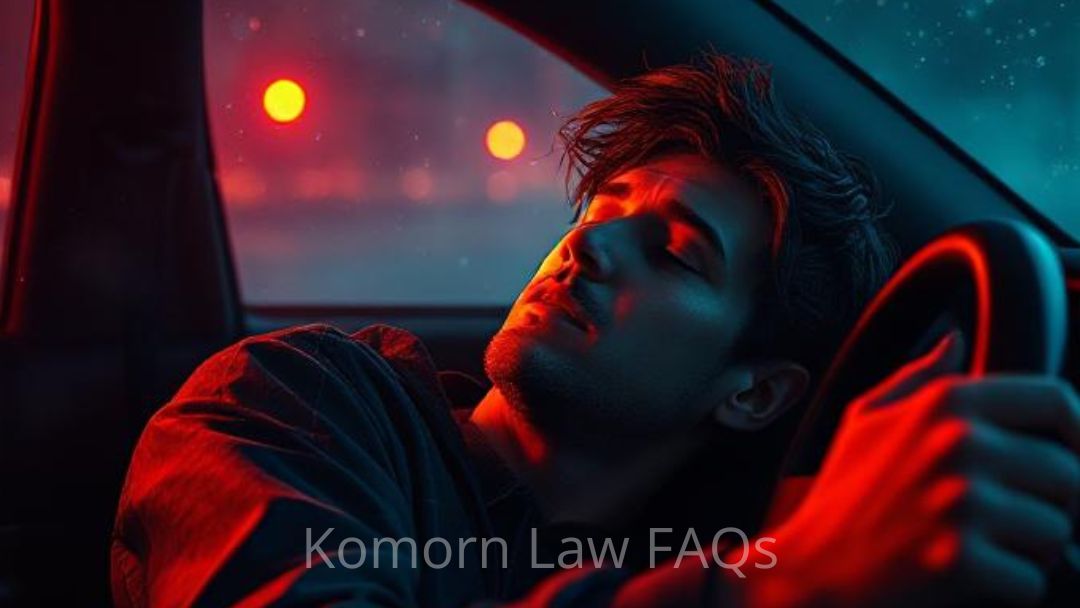Exceptions to your 4th Amendment Rights against Search and Seizure (more to come).
The Fourth Amendment of the U.S. Constitution safeguards citizens by prohibiting unreasonable searches and seizures and generally mandates the necessity of a warrant for such intrusions.
However, there are specific contexts where warrant requirements are relaxed or not applicable. Here are six notable exceptions:
Border Searches
At U.S. borders and international points of entry, law enforcement officials have broad authority to conduct searches without a warrant. This includes searching individuals, vehicles, and luggage. The rationale is that the government has a sovereign interest in protecting its borders and regulating who and what enters the country. These searches are considered reasonable under the Fourth Amendment due to the national security interests at stake.
Drug Testing
Drug testing by government employers, schools, or other institutions can occur without a warrant or individualized suspicion in certain circumstances. For example, random drug testing of student-athletes or employees in safety-sensitive positions is allowed. The Supreme Court has upheld such practices, balancing the government’s interest in safety and public welfare against individual privacy rights.
National Security
In matters of national security, the government can conduct searches without a warrant under specific conditions, such as through the Foreign Intelligence Surveillance Act (FISA). These searches are typically related to monitoring foreign spies, terrorists, or other national security threats. The courts have generally granted the government greater leeway in these cases, recognizing the unique and urgent nature of national security concerns.
School Searches
School officials have the authority to search students and their belongings without a warrant, provided they have reasonable suspicion that the student has violated a school rule or law. The standard for these searches is lower than in other contexts because schools are responsible for maintaining a safe and orderly environment conducive to education.
Searches of Prisoners, Parolees, and Probationers
Individuals owned by the criminal justice system, such as prisoners, parolees, and probationers, have a reduced expectation of privacy. Warrantless searches of these individuals and their property are permitted under the terms of their incarceration, parole, or probation. These searches are justified by the government’s interest in maintaining security and ensuring compliance with the terms of their release.
Workplace Searches
Government employers can conduct warrantless searches of employees’ workspaces, particularly if there is a reasonable suspicion of work-related misconduct or if the search is part of a general policy to ensure workplace efficiency and security. The expectation of privacy in a government workplace is lower, especially when the area searched is related to work rather than personal activities.
These exceptions illustrate the balance between individual rights and the government’s need to ensure safety, security, and efficiency in specific contexts where the warrant requirement is not strictly enforced.
Are there more? Yes.
Legal Counsel and Your Rights
When facing legal challenges, particularly in criminal cases, it is advisable to seek legal counsel immediately.
An experienced attorney can provide guidance on how to navigate interactions with law enforcement while safeguarding your constitutional rights.
Since 1993 our expert legal defense in navigating criminal law matters and protecting your constitutional rights are what we eat for breakfast everyday.
Contact Komorn Law PLLC if you’re ready to fight and win.
Research us and then call us.
Do you know what to do if you are pulled over by a police officer?
Below is some information that can help to make a traffic stop less stressful and safer for everyone.
- First, when you notice emergency lights behind you, pull over to the right side of the road as soon as it’s safe to do so. Keep calm and try to remain still. Stay in your vehicle, open the driver’s side window and keep your hands in sight on the steering wheel.
- When the officer asks, provide your driver’s license, vehicle registration and proof of insurance. At this point in the traffic stop, the officer should tell you why you were stopped. If he or she doesn’t, it’s okay to inquire about the reason for the stop once you have provided your driver’s license, vehicle registration and proof of insurance. When addressing the officer, speak with the same level of respect you expect from him or her.
- If the officer issues you a citation, don’t argue the reason for it during the traffic stop. The best and most appropriate place to dispute a citation is in court.
- When the officer tells you it’s okay to leave, make sure your seat belt is buckled and that it’s safe to enter the roadway before pulling out. As you get back on the road, follow all traffic laws, including using your turn signal. The officer will likely remain on the side of the road, with lights activated, until you have safely re-entered traffic.
If you feel the officer acted inappropriately or didn’t treat you fairly, it’s okay to follow up with a phone call to his or her supervisor.
Source: Michigan Government
Recent

Criminal Law FAQs – Assault with Intent to do Great Bodily Harm Less Than Murder (AWIGBH)
Michigan Criminal Laws FAQs Assault with Intent to do Great Bodily Harm Less Than MurderAccording to Michigan State Law (Michigan Compiled Laws - MCL), Assault with Intent to do Great Bodily Harm Less Than Murder (AWIGBH) is a serious felony offense defined in MCL...

Criminal Law FAQs – Operating a Vehicle with a High BAC
Michigan Criminal Laws FAQs Super Drunk (High Breath Alcohol Content)Operating a Vehicle with a High BAC (Super Drunk) - MCL 257.625(1)(c)FAQ 1: What BAC level qualifies as "High BAC" or "Super Drunk" in Michigan? Answer: In Michigan, operating a vehicle with a blood...
Other Articles
Do Students Have 4th Amendment Rights in Schools
Students and 4th Amendment RightsStudents are entitled to a right to be safe from unreasonable searches and seizures even within school premises, as ruled by the Supreme Court of the United States. However, these rights are somewhat limited for students, allowing...
Forfeiture Law: SCOTUS and Sixth Circuit Issue Landmark Rulings
Forfeiture Law in Focus: SCOTUS and Sixth Circuit Issue Landmark RulingsThe landscape of forfeiture law has been significantly shaped by recent decisions from the U.S. Supreme Court and the Sixth Circuit Court of Appeals. These rulings, in the cases of United States v...
When Can Your Silence Be Used Against You in a Legal Situation?
US Supreme Court - Salinas v. TexasWhen Can Silence Be Used Against You? In the realm of criminal law, the Fifth Amendment to the United States Constitution grants individuals critical protections, including the right to remain silent and the right against...
Supreme Court 8-1 Gun Possession Decision Changes Second Amendment
Supreme Court 8-1 Gun Possession Decision Changes Second Amendment Landscape Forever!Issue: Whether 18 U.S.C. 922(g)(1), the federal statute that prohibits a person from possessing a firearm if he has been convicted of “a crime punishable by imprisonment for a term...
















